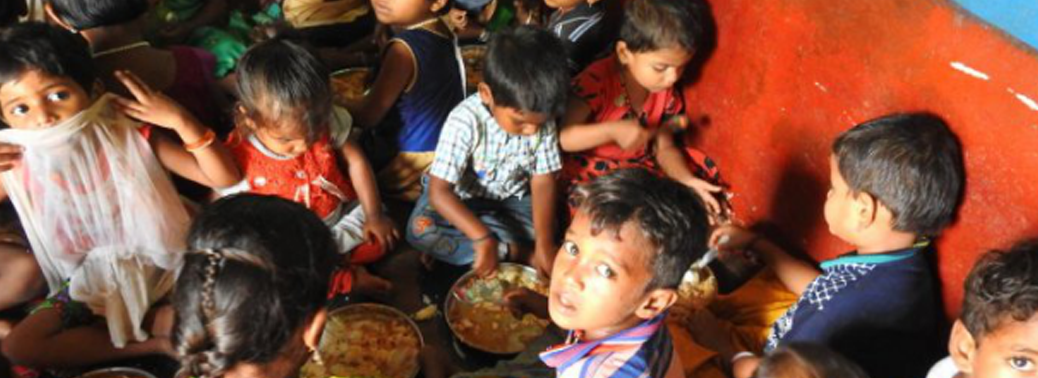ONLY 7 IN 100 ANGANWADI BENEFICIARIES ARE IN CITIES, REVEALS RTI
05, Feb 2020

Prelims level : Governance - Schemes
Mains level : GS-II Issues relating to Development and Management of Social Sector/Services relating to Health.
Why in News?
- A recent RTI has revealed that for every 100 Anganwadi beneficiaries in the country, only seven are in urban areas.
- This is primarily because of a severe lack of anganwadis in cities, leading to poor coverage of the government’s flagship programme in Early Childhood Development.
Key Points:
- There were a total 7.95 crore beneficiaries of the anganwadi scheme in the country, out of which only 55 lakh were registered at urban anganwadis. This is primarily because of an acute paucity of anganwadi centres in urban areas.
- There are as many as 13.79 lakh anganwadis operational across the country, out of which only 9.31 lakh centres are linked to the government’s web-enabled data entry system called Rapid Reporting System.
- Of those anganwadis that can be monitored online, only 1.09 lakh centres are in urban areas and the remaining 8.22 lakh were in rural areas of the country.
Significance of the Revelation:
- 1.As per Census 2011, 32% of India’s population live in cities(though experts have said that if the definition of an urban settlement was broadened, the share of urban population will be much higher)
- 2.The Comprehensive National Nutrition Surveyfound that 35% of children under five were stunted and 17% were wasted.
- 3.Data also showed that children in urban areas showed two to three times higher prevalence of obesity as compared to their peers in rural areas.
- With these facts before it, the NITI Aayog has prepared a draft working paper to strengthen the ICDS programme in urban areas, keeping in mind challenges such as migration, population density and the long commute involved for workers and Beneficiaries.
About Angawadis:
- Anganwadis or day-care centres are set up under the Integrated Child Development Services (ICDS) by the Women and Child Development Ministry to provide a package of six services. The aim of the scheme is to reduce infant mortality and child malnutrition.
- ICDS is a centrally sponsored scheme implemented by state governments and union territories. The scheme is universal covering all the districts of the country.
The Services Include:
- 1.Supplementary Nutrition
- 2.Pre-School Non-Formal Education
- 3.Immunisation
- 4.Health check-up
- 5.Nutrition And Health Education
- 6.Referral Services.
Beneficiaries:
- Children in the age group of six months to six years
- Pregnant women and
- Lactating Mothers






